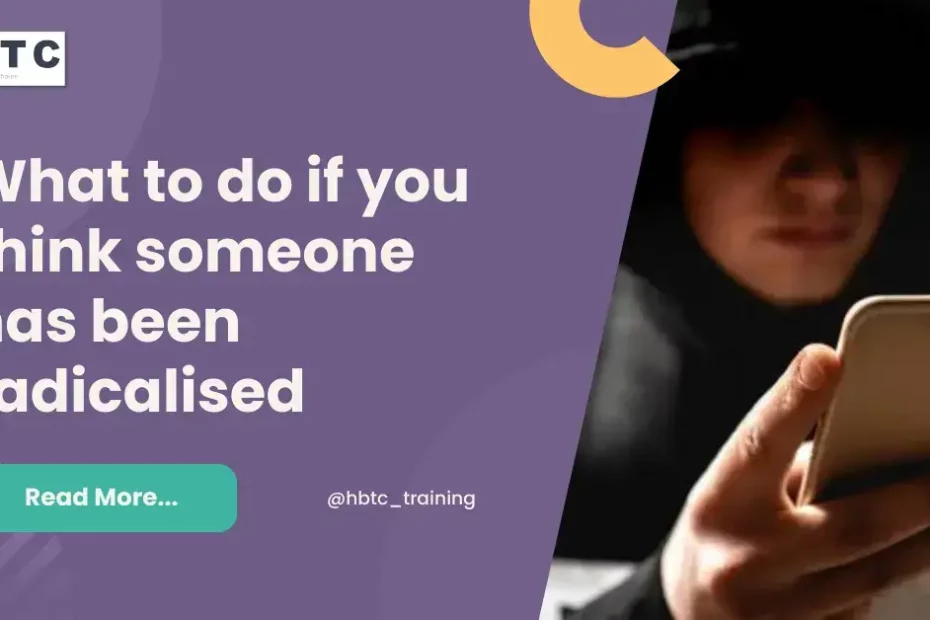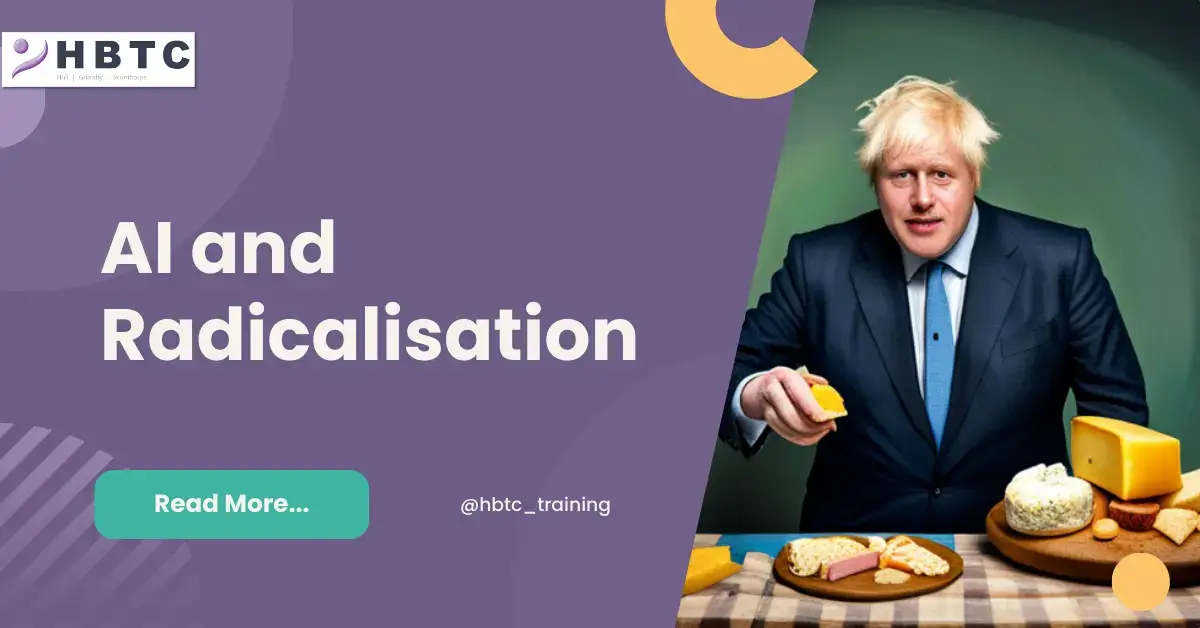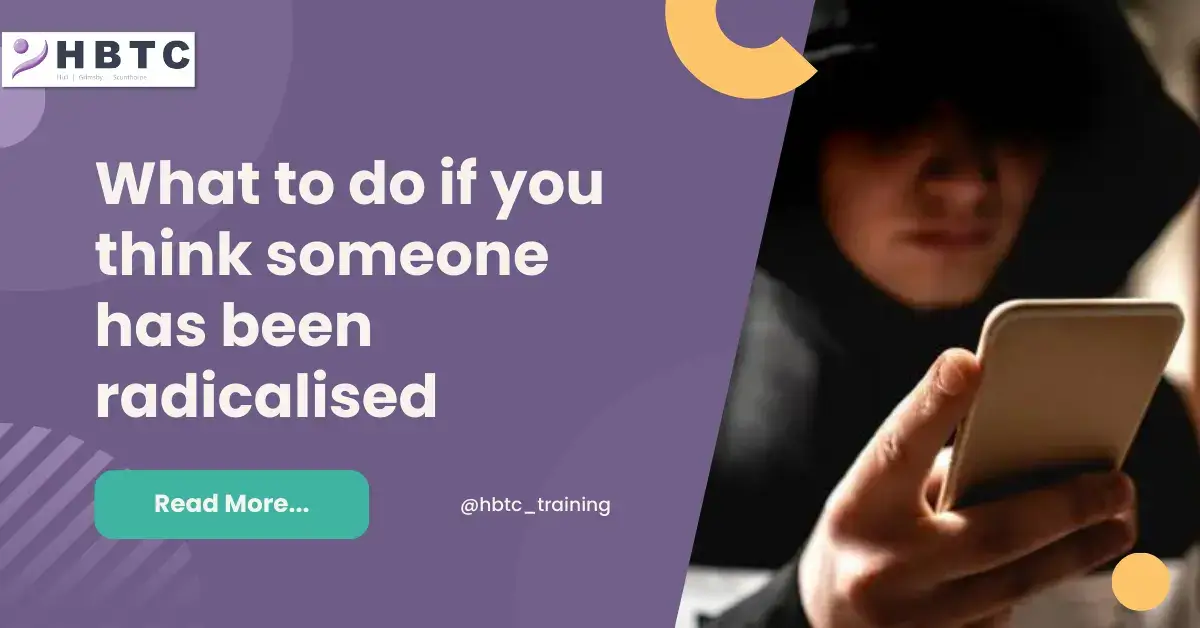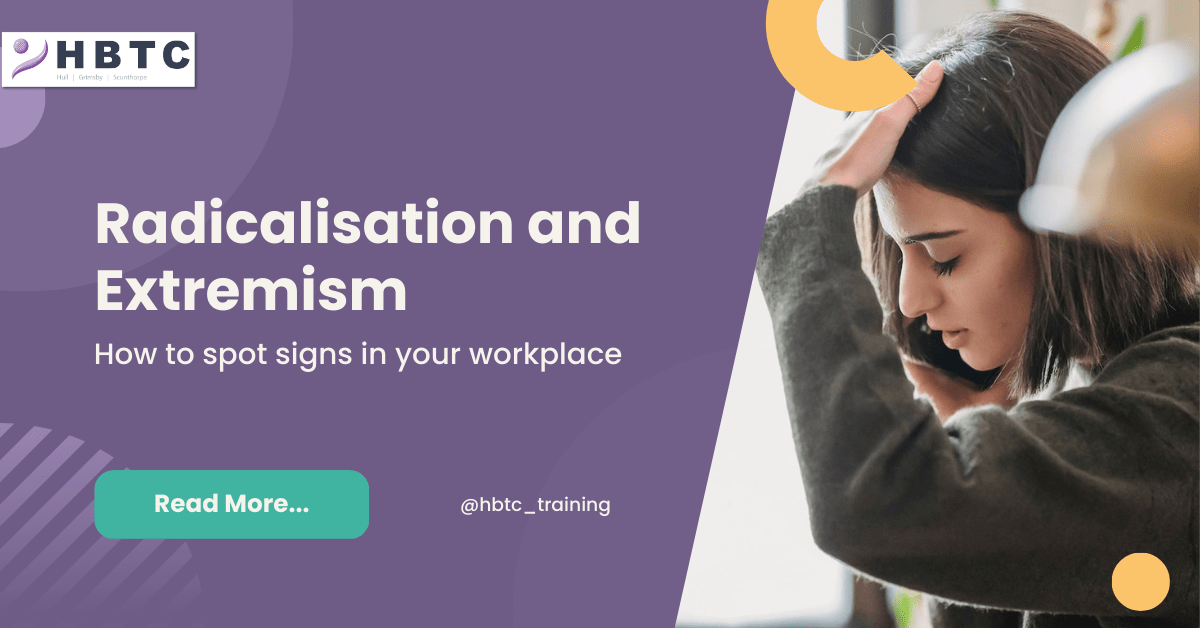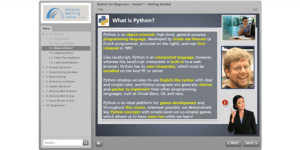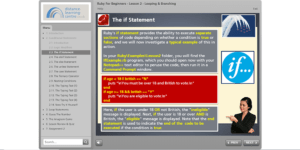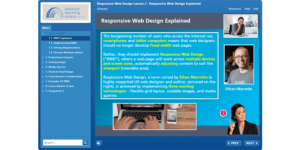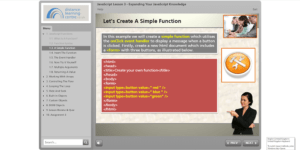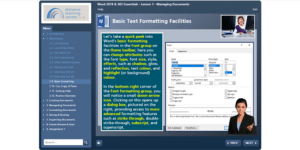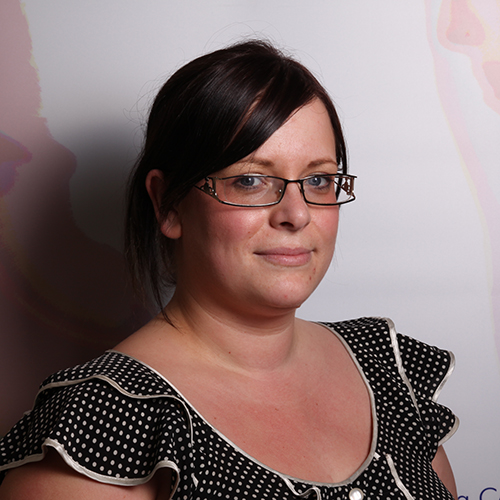What to do if you think someone has been radicalised
It is important to be aware of the signs of radicalisation and know what action can be taken if it is suspected someone is being radicalised. In this article we discuss what to do if you believe someone has been radicalised.
Radicalisation is a process by which an individual adopts extreme beliefs and ideologies that can lead to violent actions against others. It can happen to anyone, regardless of their age, race, or religion. Therefore, it is essential to be aware of the signs of radicalisation and know what steps you can take if you suspect someone is being radicalised. In this article, we will discuss what to do if you think someone has been radicalised.
Understanding Radicalisation
Radicalisation does not happen overnight; it is a gradual process that can take place over weeks, months, or even years. It often starts with exposure to extreme views and ideologies through the internet, social media, or in person. The individual may become isolated from their community and start displaying radical behaviour and beliefs.
Some common signs of radicalisation include:
- Sudden changes in behaviour or attitudes
- Withdrawal from family and friends
- Increased anger and hostility towards others
- Showing interest in extremist groups or ideologies
- Changes in appearance or clothing to reflect extremist views
What to do if you suspect someone is being radicalised
If you notice any of the signs mentioned above in someone you know, it is essential to take action. Here are some steps you can take:
Open up a conversation
If you have a good relationship with the person, consider initiating a discussion about the observations you’ve made, if you feel comfortable doing so.
Here’s where you can find helpful guidance:
- Check out the ACT Early website for tips on how to talk to friends and family about these concerns.
- If you work in a school, the Educate Against Hate website offers advice specifically tailored to your situation.
Keep in mind that they may not initially welcome your concerns and might even become defensive or angry. Before seeking expert guidance, reach out to other trusted family members or friends to see if they’ve noticed anything similar.
Seeking advice
If you suspect someone you know might be falling into radicalisation, it’s important to seek advice promptly. Here’s what you can do:
- Visit the ACT Early website for guidance.
- The earlier you reach out for advice, the quicker you can prevent the person from becoming a threat to themselves or others. Rest assured that anything you share will be treated confidentially.
Following a conversation with someone about your concerns, you may be asked to assist in creating a referral to the Prevent program.

Discover what happens when someone is referred to Prevent.
It’s important to note that seeking support from Prevent is not a punishment and will not impact someone’s criminal record. Referrals are not made to the Home Office.
Here’s the typical process for a Prevent referral:
- The local police force assesses each referral first. They prioritise checking if there is an immediate security threat and if there is a genuine risk of radicalisation.
- If it is determined that the person is not at risk of radicalisation, they are not considered a case for Prevent. Instead, they may be offered alternative support, such as mental health services or social services, as appropriate.
- If there is a risk of radicalisation, a panel of local experts, led by the local authority, evaluates the referral. This panel may include professionals from the police, children’s services, social services, education, and mental health care.
- If the panel determines that the person is at risk, they will be invited to join a voluntary support program called Channel. The decision to participate in this program is up to the individual. Alternatively, if they choose not to participate, other support options will be offered, and the police will manage any associated risks.
The Channel program provides various forms of support, including:
- Mentoring
- Mental health support, such as counseling
- Education or career development assistance
- Online safety training for parents
By referring someone to Prevent, we can ensure they receive the necessary support and assistance, promoting the safety and well-being of all.
Prevention is Key
The best way to address radicalisation is through prevention. By being vigilant and educating ourselves and our communities about the signs and risks of radicalisation, we can help prevent it from happening in the first place. Some ways to prevent radicalisation include:
- Promoting tolerance, diversity, and inclusivity
- Encouraging open communication and dialogue within families and communities
- Providing support and opportunities for vulnerable individuals
Conclusion
Radicalisation is a serious issue that can have devastating consequences. It is crucial to be aware of the signs and risks and know what steps to take if you suspect someone is being radicalised. By working together, we can help prevent radicalisation and create a safer and more inclusive society for all. Remember, prevention is key, but it is never too late to seek help for someone who has already been radicalised. So, if you have any concerns, do not hesitate to take action and seek support. Let us all play our part in safeguarding our communities from the dangers of radicalisation.
Read more about Prevent

Toby Greenfield
Toby is our Learner Engagement Marketing Apprentice and is involved with all things social media and content development. He is also responsible for attending careers events and delivering presentations. Toby is dedicated to showcasing the apprenticeship opportunities available for individuals and businesses to embark upon.
